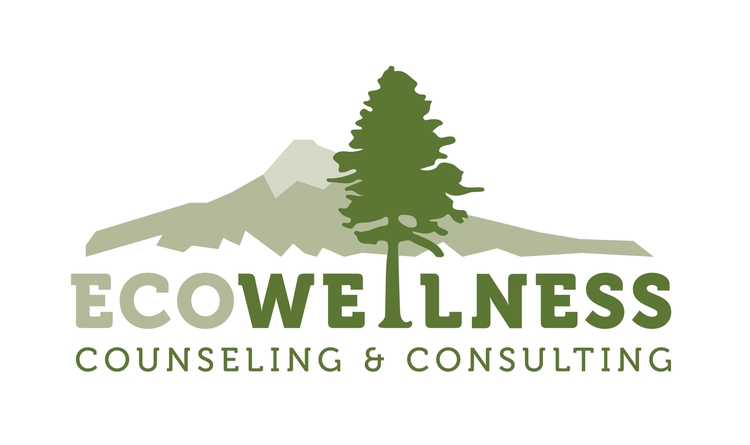5 tips for parents during COVID-19 and social distancing
Like millions of other parents throughout the world, COVID-19 has brought about the amazing opportunity to cover childcare and the equal challenge of figuring out how to accomplish work at the same time. Below are some of my own realizations as a parent during this difficult time, some of which may feel relevant, and other practices you may need to tweak for yourself depending on your life situation as a parent.
1. Be strategic with your work hours. Treat the coming month(s) as an opportunity to maximize the time you spend with your children. As much as I dislike it when other people tell me to "cherish" every moment with my three young children, right now, that's what I'm trying to do. When you are with your kids, be with them. Put your computer away when you can and limit how much you are refreshing your email on the smartphone. This may require some strategery, but take some of the pressure off yourself by working when your children are occupied with other activities or when they are sleeping. (Note: when you change your sleep schedule to be able to work when your kids are sleeping, plan on feeling like you've changed time zones for a few days until the new rhythm sets in)
2. Reflect on the values you are hoping to instill within your children and the kinds of behaviors you are modeling and reaffirming. For my wife and me, kindness is the biggest value we are working on right now with our children. Model the specific behaviors you want to see and when you see your child doing those things, praise them. When they aren't, ignore the behavior(s), if possible, and redirect their behaviors as needed.
3. Develop a set routine. For many of us, we are on-the-fly figuring out how to simultaneously parent while working from home. The routine will undoubtedly be based on whether your kids are toddlers, elementary-aged, tweeners, or adolescents, but it's important to prioritize sleep, nutrition, outdoor time, and activity amidst any of the other "to-do's". The key here is consistency, stability, and fairness. And, within the routine, throw in pleasant surprises when your kids are knocking the routine out of the park. Remember, your kids are just as affected as you are by all the changes right now, just in different ways.
4. Let go of what you can't control and focus on the things you can control (your values, your behaviors, your routine). If you don't already have an exercise and/or mindfulness practice, try getting into something. Apps like Headspace and Calm can get you centered before you start your day or help you unwind from a long one.
5. Be curious. The shift in our lifestyles is absolutely unprecedented. If your children are asking you tough questions about the virus, about life, asking why the virus had to happen during their senior year of high school, don't pretend to have answers when you don't. Inviting critical, non-judgmental thought and dialogue can bring families closer together. Help each other co-construct answers to questions that are in close alignment with your family vision and values.
Remember to be patient with yourself and be open to making the blunders you will undoubtedly make as a parent. You're worth it.
Need help or support on your parenting and work-life balance right now? Let us know how we can support you during this challenging time. We are currently enrolling new clients via telehealth (i.e., secure online video conferencing) and look forward to continuing to serve you in-person when the pandemic subsides.






